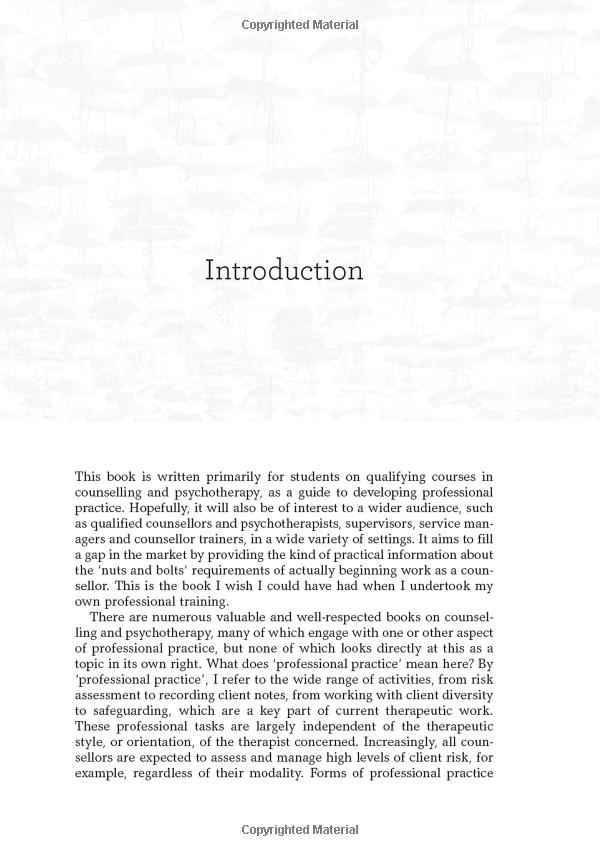"Law of Attraction in Psychology: Mastering the Art of Positive Thinking"
Guide or Summary:Lawof Attraction in Psychology: Mastering the Art of Positive ThinkingAttractionin Psychology: The Science Behind Positive ThinkingPsycholo……
Guide or Summary:
- Lawof Attraction in Psychology: Mastering the Art of Positive Thinking
- Attractionin Psychology: The Science Behind Positive Thinking
- Psychologyof Positive Thinking: Understanding the Mind-Body Connection
- Mastering the Artof Positive Thinking: Practical Strategies for Success
Lawof Attraction in Psychology: Mastering the Art of Positive Thinking
In the ever-evolving realm of psychology, the concept of the law of attraction has emerged as a potent force in understanding and cultivating a positive mindset. This intriguing phenomenon, rooted in both ancient spiritual traditions and modern scientific research, posits that individuals possess the power to attract into their lives experiences, people, and circumstances that align with their thoughts, feelings, and beliefs. This article delves into the intricacies of the law of attraction within the context of psychology, offering readers insights into mastering the art of positive thinking.
Attractionin Psychology: The Science Behind Positive Thinking
At its core, the law of attraction in psychology is a psychological principle that emphasizes the significant impact of one's thoughts and beliefs on their reality. According to this principle, our internal world of thoughts, feelings, and beliefs exerts a powerful influence on the external world, shaping our experiences and outcomes. This concept is supported by various psychological theories, including cognitive-behavioral therapy (CBT), which suggests that our thoughts and beliefs can significantly influence our emotions and behaviors.
The law of attraction in psychology is further reinforced by scientific studies on the effects of positive thinking. For example, research has shown that individuals who practice positive thinking and visualization tend to experience better mental and physical health outcomes compared to those who focus on negative thoughts. This is because positive thinking can reduce stress, improve mood, and enhance resilience, making it easier to cope with challenges and setbacks.

Psychologyof Positive Thinking: Understanding the Mind-Body Connection
The psychology of positive thinking is deeply intertwined with the mind-body connection, highlighting the profound influence of our thoughts and beliefs on our physical well-being. According to this perspective, our thoughts and beliefs can affect our physiological processes, such as heart rate, immune function, and hormone levels. This mind-body connection is supported by various studies, including research on the placebo effect, which demonstrates the power of positive thinking to influence physical health outcomes.
The psychology of positive thinking also emphasizes the importance of self-efficacy and confidence in cultivating a positive mindset. Self-efficacy refers to an individual's belief in their ability to achieve a desired outcome, while confidence refers to the positive attitude and belief in oneself. By fostering a strong sense of self-efficacy and confidence, individuals can overcome obstacles, face challenges with resilience, and achieve their goals.
Mastering the Artof Positive Thinking: Practical Strategies for Success
Mastering the art of positive thinking requires a conscious effort to cultivate a positive mindset and develop practical strategies for success. Here are some effective ways to incorporate positive thinking into your daily life:

1. Practice Gratitude: Start each day by reflecting on the things you are grateful for. This simple practice can shift your focus from what you lack to what you have, fostering a positive and appreciative mindset.
2. Visualize Success: Spend a few minutes each day visualizing your goals and the steps you need to take to achieve them. This visualization exercise can help you stay motivated and focused on your desired outcomes.
3. Challenge Negative Thoughts: When negative thoughts arise, challenge them by asking yourself if they are based on facts or assumptions. Replace negative thoughts with positive affirmations and focus on your strengths and abilities.

4. Surround Yourself with Positivity: Seek out positive influences in your life, such as supportive friends, uplifting music, and inspiring books. These positive influences can help reinforce your positive thinking and keep you motivated.
In conclusion, the law of attraction in psychology offers valuable insights into the power of positive thinking and its impact on our lives. By understanding the science behind positive thinking, cultivating a positive mindset, and incorporating practical strategies for success, individuals can harness the law of attraction to achieve their goals and lead fulfilling lives. Remember, the power to attract positive experiences and outcomes lies within you, and with conscious effort and practice, you can master the art of positive thinking.